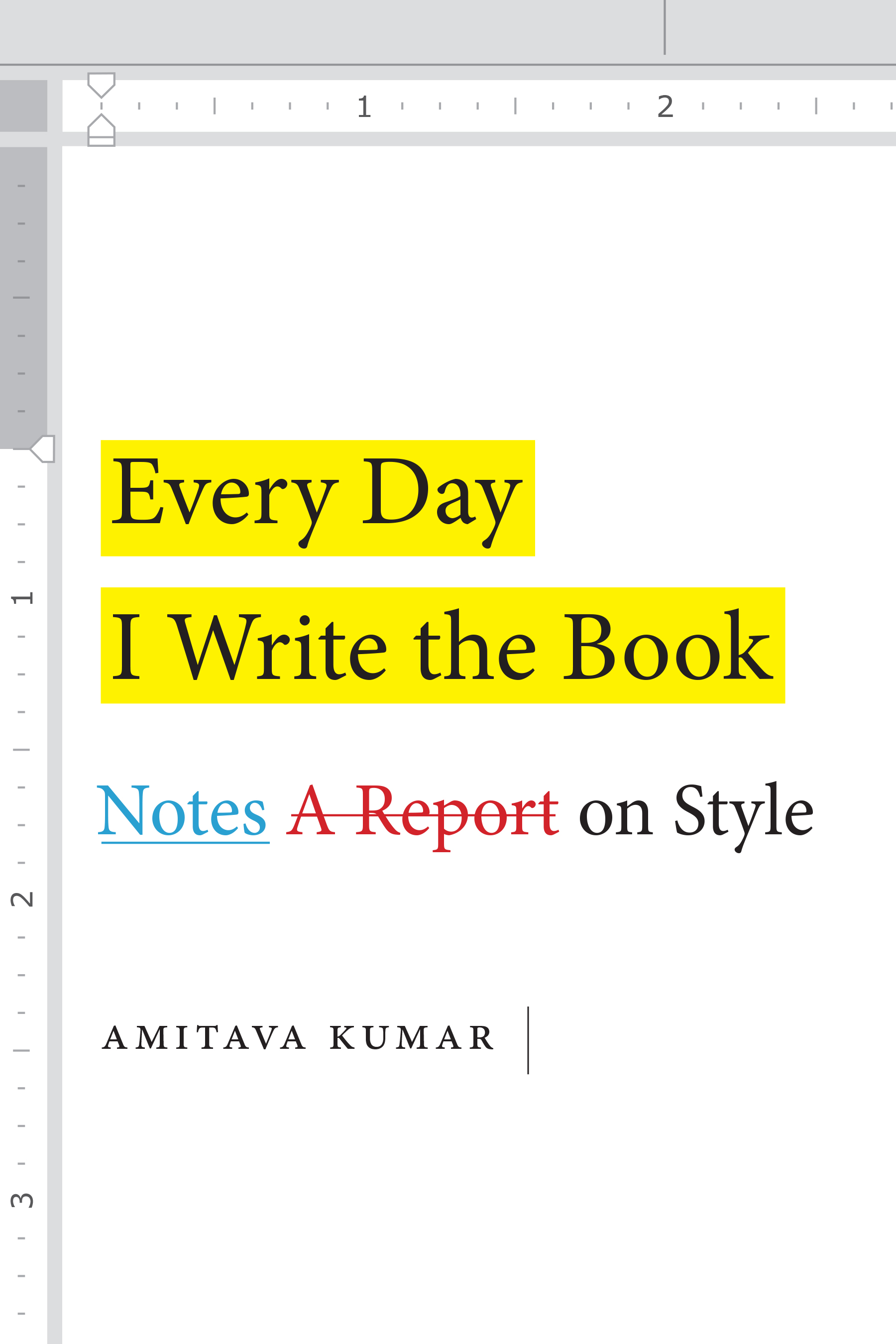What do you think?
Rate this book


256 pages, Hardcover
Published March 27, 2020
He is the author of Nobody Does the Right Thing; A Foreigner Carrying in the Crook of His Arm a Tiny Bomb; Husband of a Fanatic: A Personal Journey through India, Pakistan, Love, and Hate, a New York Times “Editors’ Choice” selection; Bombay—London—New York, a New Statesman (UK) “Book of the Year” selection; and Passport Photos. He is the editor of several books, including Away: The Indian Writer as an Expatriate, The Humour and the Pity: Essays on V. S. Naipaul, and World Bank Literature. He is also an editor of the online journal Politics and Culture and the screenwriter and narrator of the prize-winning documentary film Pure Chutney.
Kumar’s writing has appeared in The Nation, Harper’s, Vanity Fair, The American Prospect, The Chronicle of Higher Education, The Hindu, and other publications in North America and India.